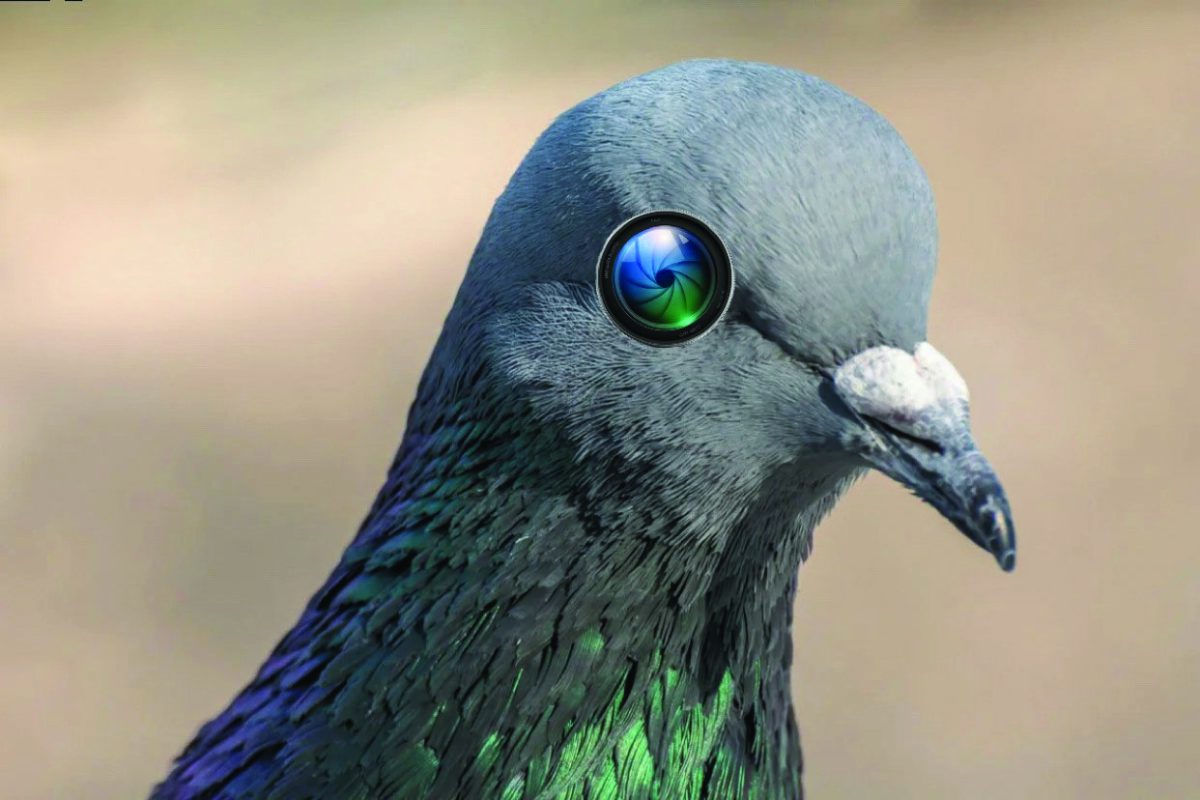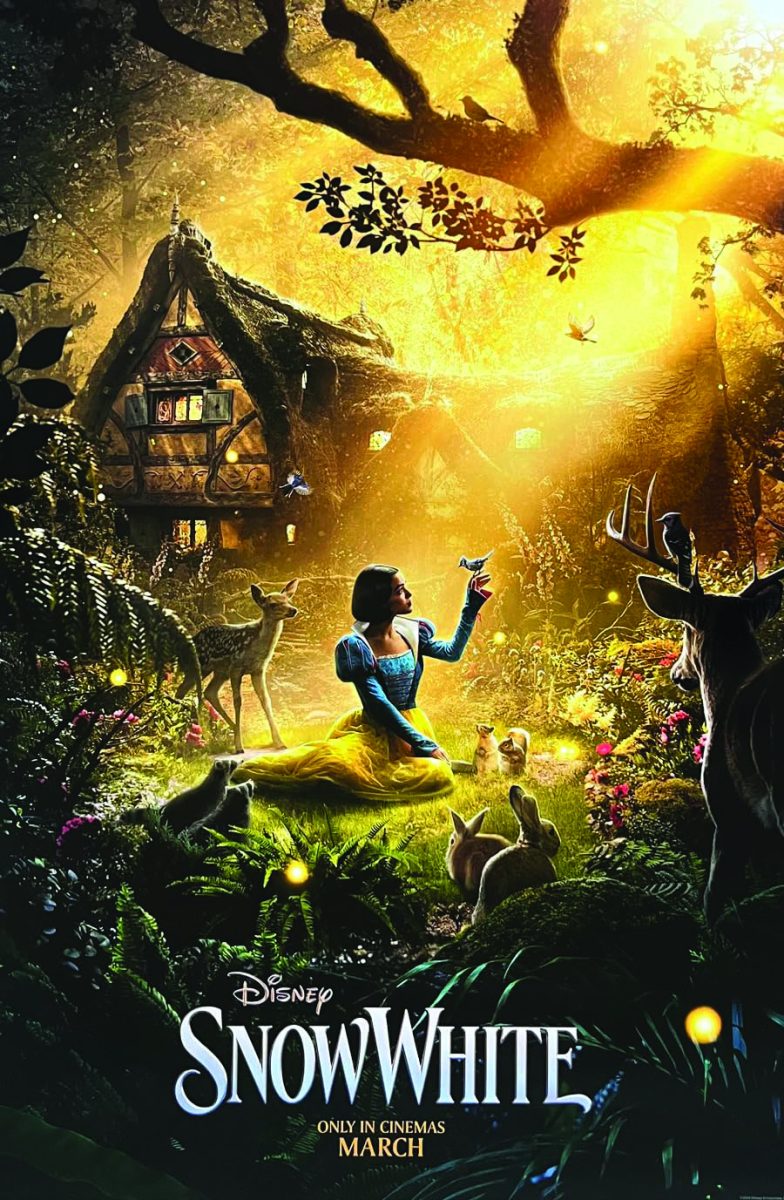A double album complete with 31 songs that summarize how it feels to break up with your middle school boyfriend — Taylor Swift has really done it again. If anything, the woman is truly an inspiring reminder that mediocrity can generate greatness.
But before even criticizing her music, I think it’s important to break down the issues surrounding Swift’s platform that have led to my belief that she is an abomination to the music industry and modern society.
Buckle up — I’m prepared for the Swifties to jump down my neck for this one.
1. As a person, Swift lacks depth, and that is reflected in her music. She writes like a child who just learned that the sun sets during the nighttime; whose boyfriend just gave his last ring pop to her best friend instead of her. She’s bland. Just admit it.
2. Swift is a straight, cisgender, white woman who was born into wealth and with one of the largest platforms of any individual in 2024, she rarely uses hers to advocate for issues in the world around her. The Free Palestine movement being backed by a billionaire who people see as a moral angel might actually make an impact on the amount of support behind the cause. You can’t do an international tour with record-breaking sales and choose not to openly give back to the international population with countless human rights violations playing out across the globe. Speaking out about queer rights, as someone who has a high percentage of queer people in her fanbase, might also be an effective shield against the legislation being implemented against them.
3. She’s ruining music industry publications. Rolling Stone has essentially become a Taylor Swift fan page, and Billboard is not too far behind. An outlet that once was so influential in the industry and the world around it now hones in on one white artist, pushing everyone else into her shadows.
4. The private jets — need there be more said here? Swift’s emissions are 576 times that of the average American’s, weighing in at approximately 8300 tonnes of carbon emissions in the span of a year. She’s aware of the issues with her 20-minute flights for coffee — last year, she issued a cease and desist against the college kid who created a flight tracker showing the private jets of celebrities — including, but not limited to herself. This is public information that she tried to make less easily accessible. Ask yourself why this might be.
5. As a billionaire, was it necessary to re-record your entire discography for “rights” to music that should’ve been left in 2014, or did the pop artist just want another excuse to stay in the spotlight while she failed to churn out new content for her fans?
Now, onto her music.
Swift’s techniques surround implementation of such random metaphors that you begin to believe she’s done something with nuance. Ultimately, she aims to mask the fact that the token feminist herself has nothing to talk about other than the same handful of shitty men.
People immediately flooded social media platforms with lines from “The Tortured Poets Department.”
Billboard took to Instagram to post about the “double meaning” of the term “loml” in the new album. In the song “loml,” Swift writes, “You said I’m the love of your life / About a million times” and also that “You’re the loss of my life.” This is inarguably the most predictable, unoriginal “play” on words imaginable and yet we have one of the top music publications in the country giving it praise? We’ve exchanged an appreciation for lyricism with substance for an acknowledgment of lyrics that sound like they belong in a Rupi Kaur book.
Lines from the title track include, “But you’re in self-sabotage mode / Throwing spikes down on the road / But I’ve seen this episode / And still loved the show / Who else decodes you?”
A round of applause for applying the rhyme scheme that’s taught in elementary school and for using cliches we’ve all heard time and time again, such as the pairing of life being a show with certain episodes in which we are included. The lyrics here are creative, original and certainly never done before, let alone done better.
If Swift possessed even a fragment of the amount of depth her fans are convinced she has, she wouldn’t be in a serious relationship with a football player who couldn’t spell the word “squirrel” in 2011. The world’s most powerful lyricist would not be sharing a bed with a man who gets giddy over the way that a “squirle” “straight smashed” some bread.
The power and platform that society has given Swift is dangerous, unnecessary and unlike anyone else that came before her. We must not only ask ourselves if this is a safe and healthy dynamic to have with a celebrity, but also why we’ve elected her over so many others who produce objectively better music, who do more work for human rights and humanitarian issues and who ultimately would be a better representation of the qualities we hold as important, who would fit better on a pedestal than does Taylor Swift.






